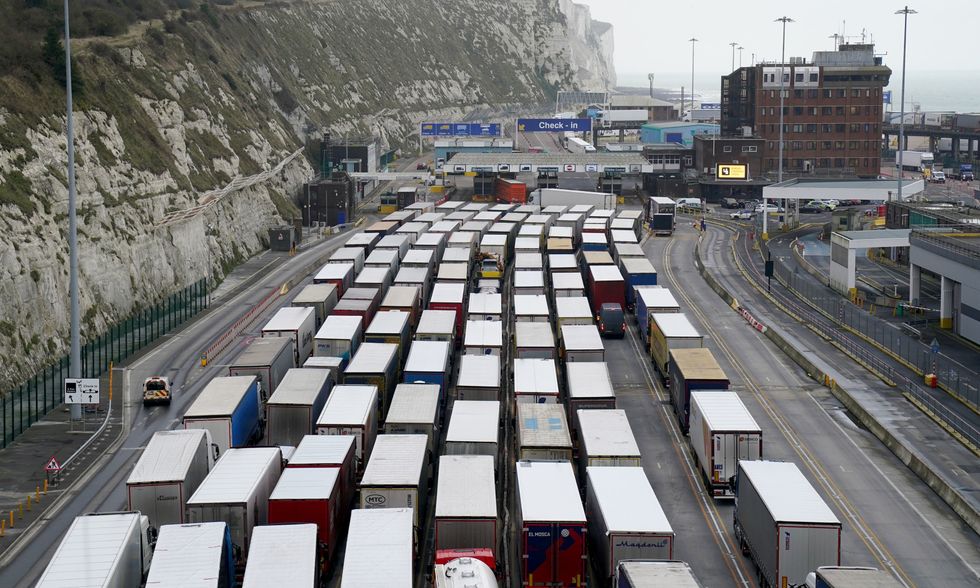Chancellor Jeremy Hunt unveiled the Autumn Budget this afternoon
GETTY
Car taxes are set to rise in line with the retail price index
Don't Miss
Most Read
Trending on GB News
The majority of drivers across the UK will see the price of their car tax increase next year while others will benefit from frozen taxes.
Chancellor Jeremy Hunt unveiled the Government’s latest budget earlier today in the Autumn Statement which included a wide range of tax cuts to help people during the cost of living crisis.
In the Autumn Statement policy documents, the Government included details affecting Vehicle Excise Duty and other motoring taxes.
WATCH NOW: Transport Secretary Mark Harper backs drivers
The Government will uprate Vehicle Excise Duty rates for cars, vans and motorcycles in line with the Retail Price Index from April 1, 2024.
The rate of RPI inflation is 6.1 per cent as of October, a substantial drop compared to September when the rate was 8.9 per cent.
This could see some drivers paying higher rates for their tax, with the current lowest rate being £10 and the most expensive being £2,605 for the most polluting vehicles.
As announced in last year’s Budget, electric vehicles will only begin paying tax from 2025 onwards, with EV owners currently not paying any tax.
To support the haulage sector, VED for heavy goods vehicles and the HGV levy will both remain at 2023-24 rates for 2024-25.
The HGV levy rate for Euro 6 vehicles which weigh between 12,000kg and 31,000kg is a daily rate of £3 or a yearly rate of £150.
Drivers of the heaviest vehicles, notably those above 38,000kg, see a daily rate of £9 and a yearly rate of £576.
However, Euro 5 or older vehicles will pay more with the cheapest annual rate being £195 and the most expensive setting drivers back £749.
Lorries weighing at least 12,000kg are liable to pay the HGV levy, including those entering the UK from abroad.
In a post to X, formerly known as Twitter, HM Treasury wrote: “Every day crucial journeys are made by heavy goods vehicles.
“From medical supplies delivered to hospitals to food delivered to stores, HGVs matter to our economy.
“That's why we're freezing the HGV levy & road tax for this type of vehicle - protecting vital journeys.”
The policy changes are expected to cost the Government around £105million over the course of five years.
Some drivers may be frustrated with the Government over its failure to address any changes to the rate of fuel duty, which is expected to remain frozen until March next year.
LATEST DEVELOPMENTS:

The HGV levy has also been frozen
PA
Reacting to the Autumn Statement, Mike Hawes, chief executive of the Society of Motor Manufacturers and Traders, said: “We now look forward to the Government’s advanced manufacturing plan, its battery strategy and how it will support consumers in making the switch to zero emission motoring, as we must not only make these vehicles locally but sell them.”








